The Leaves Have Fallen (1975)
ジャンル : 戦争, ドラマ
上映時間 : 1時間 37分
演出 : Stanisław Różewicz
脚本 : Stanisław Różewicz
シノプシス
Young former partisan recalls his war experience during a trip to the sea.
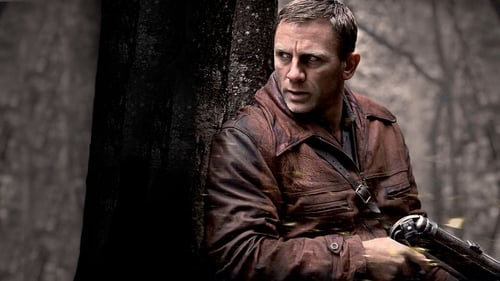
ユダヤ人の大量虐殺が行われていた第二次世界大戦中の1941年。ベラルーシに住むユダヤ人の3兄弟、トゥヴィア、ズシュ、アザエル(は子どものころからの遊び場だった森に逃げ込む。だが、彼らの思惑とは裏腹に、逃げ惑うユダヤ人たちが次々と森に集まり始める。
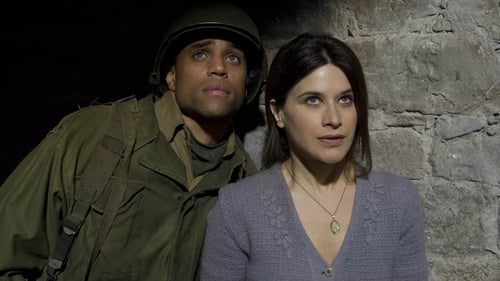
Miracle at St. Anna chronicles the story of four American soldiers who are members of the all-black 92nd "Buffalo Soldier" Division stationed in Tuscany, Italy during World War II.
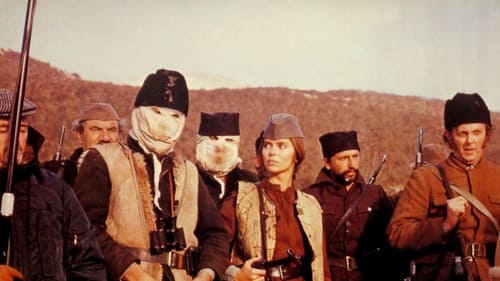
第二次世界大戦中のユーゴスラビアでは、強大なドイツ軍が、パルチザン将兵をネレトバ峡谷に追いつめていた。彼らを救うため、アメリカ軍特殊部隊“フォース10”がネレトバ橋の爆破を命じられる。フォース10には、ナバロン要塞を爆破したマロリーとミラーが加えられた。しかしユーゴスラビアに降下した彼らは、ドラザック大尉率いる王党派に捕えられ、ドイツ軍に引き渡されてしまう。
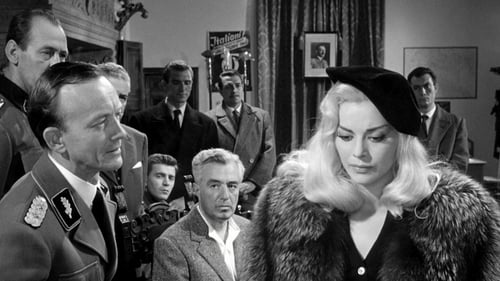
The Gestapo forces con man Victorio Bardone to impersonate a dead partisan general in order to extract information from his fellow inmates.
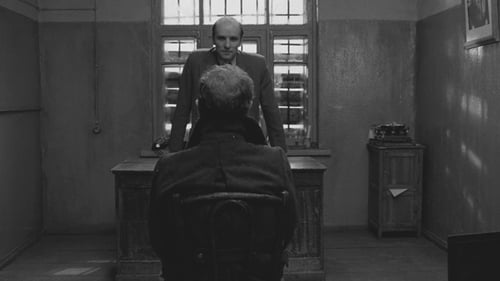
Two Soviet partisans leave their starving band to get supplies from a nearby farm. The Germans have reached the farm first, so the pair must go on a journey deep into occupied territory, a voyage that will also take them deep into their souls.
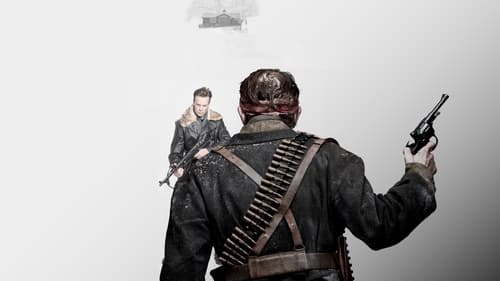
December 30, 1941. Vyazma ('Vyazemsky cauldron') is a small detachment of Soviet soldiers, by fatal coincidence, in an unequal battle with a special unit of the Wehrmacht. However, none of them think about giving up. Each of them was ready to sacrifice his life in order to protect his native land. None of these brave people was born a hero. The myth of the red ghost is a heroic deed without a soldier's Soviet soldier in the Great Patriotic War who instilled in the animals, deadly fear of German soldiers. In place of one of the dead hero was inserted another, and the born myth of the invincible Soviet soldier. The film 'The Red Ghost' is about the hope that each soldier will have.
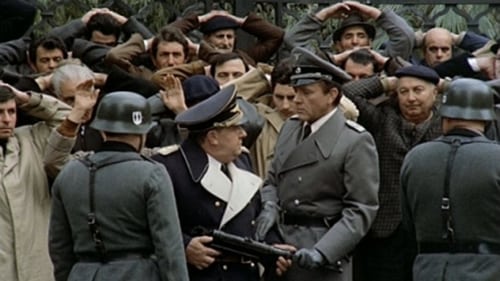
In the Nazi occupied city of Rome, an assault on an SS brigade draws retaliation from the military governship. "Massacre in Rome" is the true story of how this partisan attack led to the mass execution of Italian nationals under the orders of SS-Lieutenant Colonel Kappler.

Led by British officers, partisans on Crete plan to kidnap the island's German commander and smuggle him to Cairo to embarrass the occupiers.
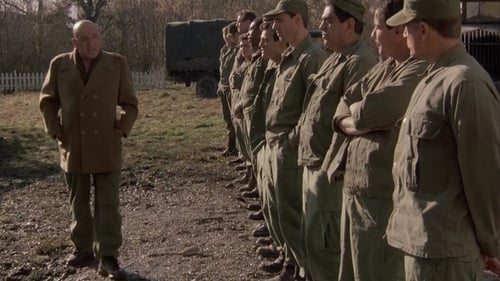
A renegade team of World War II soldiers. This time, one of the 12 is a woman and, with a Nazi spy within their midst, they're up against German wartime geniuses out to establish a Fourth Reich.

August 1943, Europe. The tentacles of the German octopus have begun to recoil. As the Nazis retreat, their concern focuses on the supply of oil from the refineries of Romania. Without the flow of "black gold", Germany's doom is sealed. Armadas of American bombers from bases in North Africa have begun to assault Pioesti - and there is another threat from the Partisans across the border of Yugoslavia. Against the tableau of spectacular events, the dramatic story of WILD WIND unfolds.

In 1918 a young and simple Mongol herdsman and trapper is cheated out of a valuable fox fur by a European capitalist fur trader. Ostracized from the trading post, he escapes to the hills after brawling with the trader who cheated him. In 1920 he becomes a Soviet partisan, and helps the partisans fight for the Soviets against the occupying British army. However he is captured by the British when they try to requisition cattle from the herdsmen at the same time as the commandant meets with a reincarnated Grand Lama. After the trapper is shot, the army discovers an amulet that suggests he is a direct descendant of Genghis Khan. They find him still alive, so the army restores his health and plans to use him as the head of a puppet regime. The trapper is thus thrust into prominence as he is placed in charge of the puppet government. By the end, however, the "puppet" turns against his masters in an outburst of fury.

In order to check the German offensive, Partizans send an elite team of explosive experts to blow up a strategically important bridge. Besides being heavily guarded, that bridge is almost indestructible and the only man who knows weak spots in the construction is the architect who built it. He is, however, reluctant to cooperate because he doesn't want to see his masterpiece destroyed.

"Andremo in città" (We'll Go to the City) is a 1966 Italian drama film directed by Nelo Risi. It is based on the novel of the same name by Edith Bruck, Risi's wife. Bruck, a Hungarian concentration camp-survivor, settled in Italy after the Second World War and wrote about her experiences in autobiographical and fictional formats.[1] The film stars Geraldine Chaplin and Nino Castelnuovo.
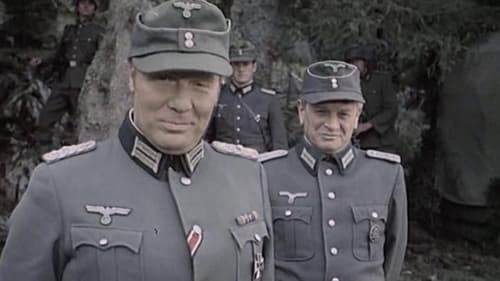
During the Battle of Sutjeska, partisan troops must endure 24 hours of big and heavy attacks on German units Ljubino grave, to the main Partisan units, with the wounded and the Supreme Headquarters, pulled out the ring that is tightened around them.
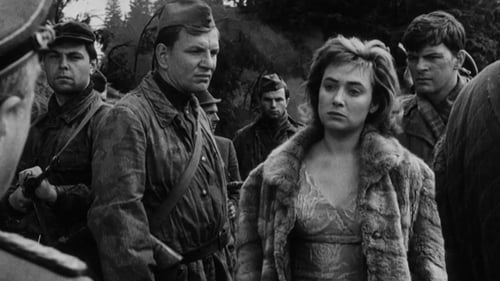
Pavel is a Czech partisan fighter in the waning days of the war. Just as peace is declared, Pavel is shot in the spine and sent to the hospital emergency ward. As he fades in and out of consciousness, he recalls the events that led to his participation in the underground. Holding German occupation commander Engelchen responsible for all the horrors and deprivations heaped upon his comrades, Pavel is kept alive by the possibility of recovering and exacting vengeance upon the Nazi officer - no matter how long it takes.
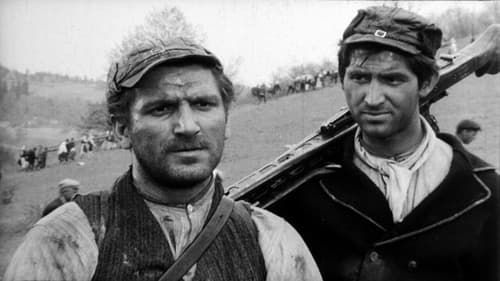
In June of 1942 Germans and their collaborators decide to get rid of partisans and their stronghold in the woods of Mount Kozara in Northern Bosnia. They encircle the mountain and begin the mop up operation. Out gunned and outnumbered the partisans must not only take care of themselves but try to protect thousands of refugees too.
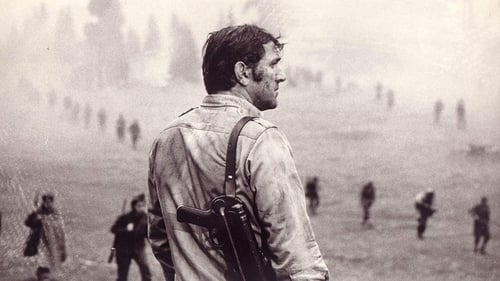
The headquarters of the Marshal Tito's Liberation Army are surrounded by Axis forces. The Partisans have no choice but to fight their way out of the encirclement and face the enemy on the plains of Sutjeska.
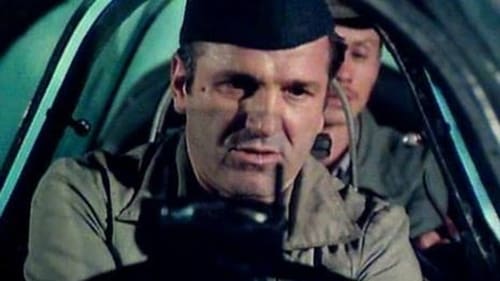
The first Yugoslav Partisan air force unit. Loosely based on historical facts.

This comedy of the absurd is set in the Nazi puppet Independent State of Croatia (NDH) during World War II. The hero, Ljiljan is a young peasant poet who joins the Partisan movement just before it falls apart, abandoned by its leader Tito. The last remaining hope for resisting Nazism is to assassinate Hitler. Ljiljan’s task is to write a song that will allow his Partisan band to infiltrate the inner sanctum of the SS – by entering an SS talent show. If they win the competition, they will be invited to perform before Hitler and the NDH’s high command. This is a satirical coming-of-age tale with a difference, capturing the craziness, comedy and horror of war in the Balkans.
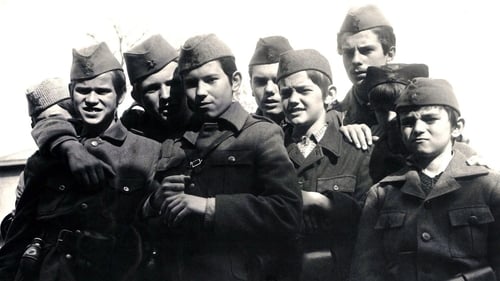
The movie is based on the true story about a group of children, barely teenagers, who joined Yugoslav Partizans after losing their families in WW2. At first, Partizans want to get rid of them, but later they are joining combat ranks. Among them, Bosko Buha would become a legend because of his skill in destroying enemy bunkers.


















